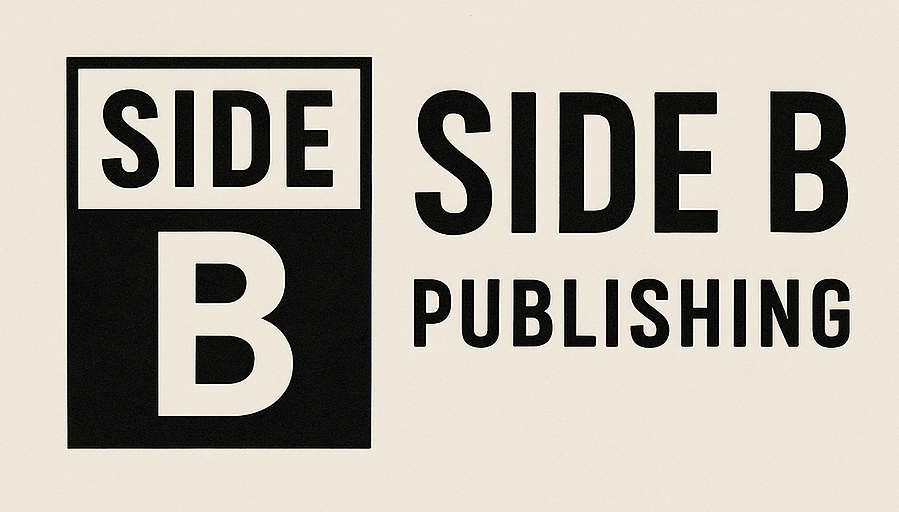Is It Just “Selective Hearing”? Here’s What Might Really Be Going On
We’ve all joked about “selective hearing.”
The husband who doesn’t hear you until dinner’s ready.
The parent who ignores you when it’s time to take medicine.
The partner who catches the game score but misses your question.
But what if it’s not a joke?
What if it’s not selective at all—but subtle hearing loss?
This kind of hearing loss often creeps in so gradually that no one notices—not even the person experiencing it.
One woman told me her husband had “selective hearing” for years. Then one day, she stood behind him at the sink and said something—clearly, at a normal volume. He didn’t even flinch. That’s when it hit her:
He didn’t choose to ignore her. He genuinely didn’t hear her.
Many people can still hear some things just fine—especially low tones, or sounds in quiet rooms. But that doesn’t mean they’re hearing clearly or consistently.
Common signs it’s not “selective hearing”:
Struggling in noisy restaurants
Asking you to repeat specific words
Not responding unless you’re face to face
Complaining that everyone’s “mumbling”
Turning up the TV way louder than others prefer
If this sounds familiar, it might be time to look at the situation differently.
The Hearing Aid Handbook is a great starting point. It explains what hearing loss actually feels like, why certain voices are harder to hear, and how to navigate these conversations without blame or shame.
👉 Whether you’re the one missing words or the one being ignored, this book will help you get on the same page.
📚 Order a copy for yourself—or someone you love—and see what happens when you name what’s really going on.
💬 And if the book helped you clear up the confusion, please leave a review on Amazon. Real stories help real people take the next step.
